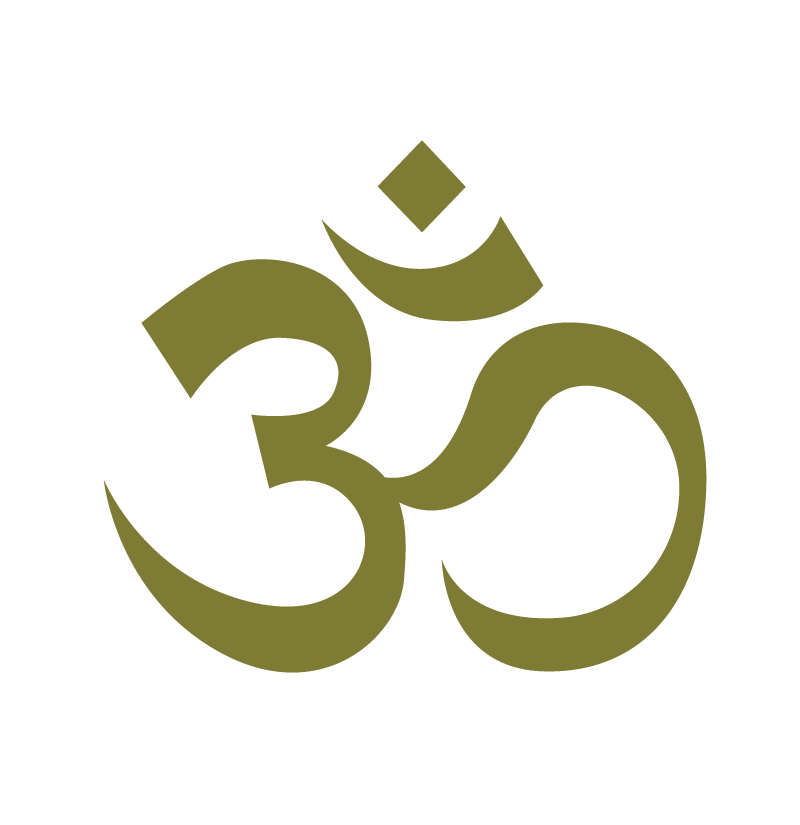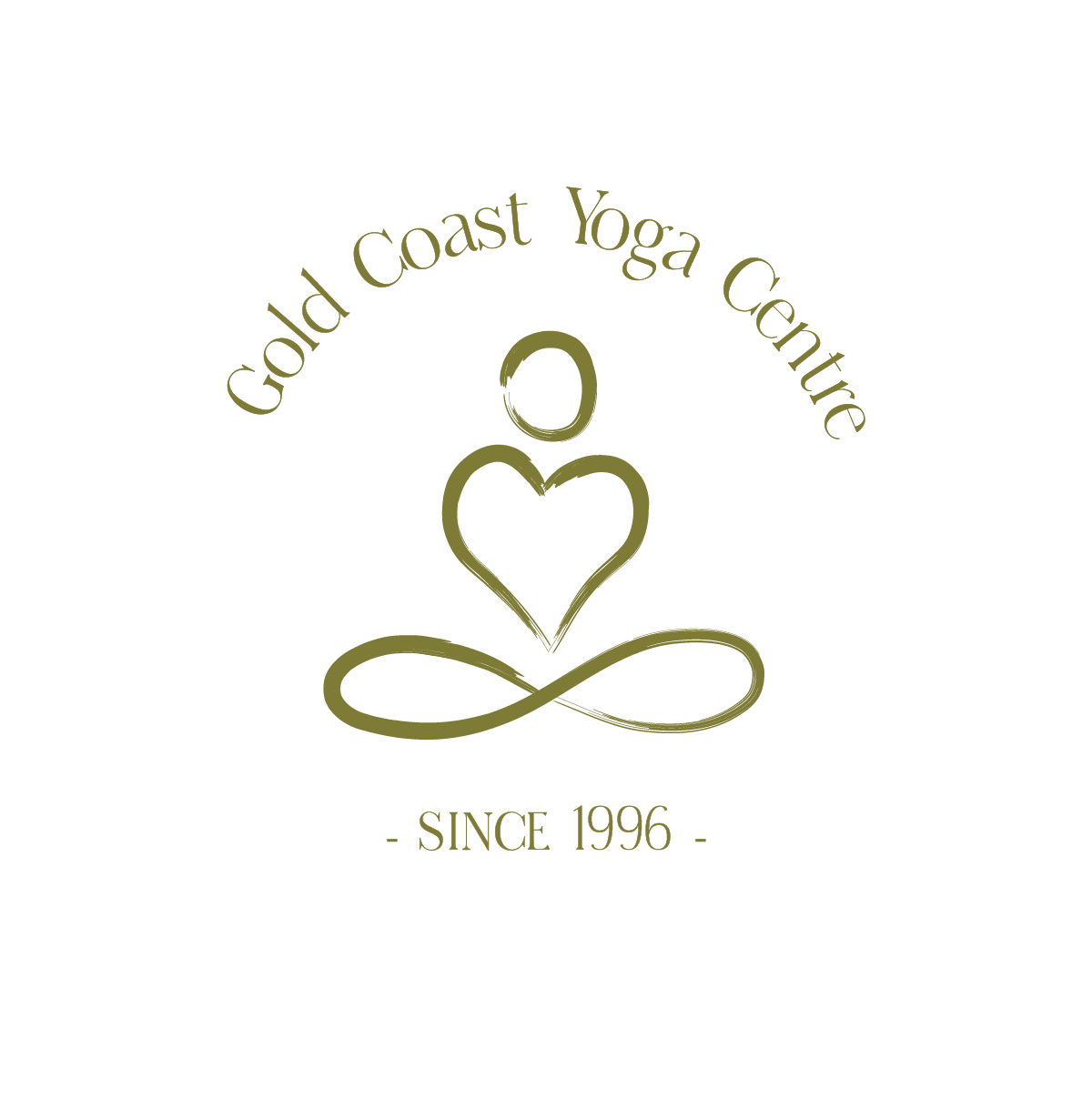

Discerning Truth

Namaste Yogis and Yoginis,
It’s interesting to consider that the yogis of old struggled with some of the same challenges we do. It seems the human condition has changed very little in thousands of years. Perhaps this is why the ancient wisdom is still so as potent and relevant today as when it was written. The journey to elevation is the same too it seems, and so we follow in the steps of those who went before us as we try to raise our awareness, each other and our lives in general.
One of the challenges that has caught my attention lately is the how to sift through lies, marketing and misinformation (especially political). It’s hard to imagine that yogis of old had to figure out who was saying what due to what agenda; to gain fame, acclaim, power or money; or genuinely to help, to heal to contribute to the greater good… but they must have, as they have a powerful teaching on how to discern Truth from misinformation. I find it as helpful today as it must have been then.
How do we gain knowledge that we know is true? How do we find proof when some of the concepts/statements/ideas are so esoteric and malleable? The word for factual knowledge or true perception in Sanskrit is “Pramana” and in Yoga Sutra 1.7 we are told “pratyaksha anumaana aagamaah pramaanaani” – “there are 3 ways to attain true perception/wisdom”.
The first is “pratyaksah” or “direct experience”. That is what we directly experience through our senses – hearing, feeling/touch, sight, taste and smell. Our direct experience can generally be trusted, but it is not complete within itself. We all know how unreliable witness testimony can be, or how when we are upset we see/hear something in a certain way that we later understand to be untrue. In low lighting we might see a tree that we think is a person, or a branch on the ground we think is a snake. Our senses are powerful, but they are also conditional, and circumstances can affect them, or at least the way we process them.
This is when we must apply “anumana” which is “inference/reasoning”. Using our intellect to examine, determine, compare and deduce whether what we are experiencing is real or not. We can also make inferences based on past experience and knowledge and can compare similarities to what we know if something in front of us is new. If we know that someone has lied to us consistently in the past, we may infer they could be lying again, and take measures to determine if what they have told us is true or not. We may infer that smoke means fire, based on our past experience of fire.
We can use our rational thinking to help us find our way to the truth – is that a snake on the path? Well, it’s not moving, it is unusual for one to be on the path in an urban environment, it is unusual for a snake to be out into the evening, if I move towards it does it react? Are there other shapes on the ground that look similar but I can see they are branches? We can follow a rational process through and get to the Truth, or closer to the Truth. Imagine a person walking from the other direction towards you passes that “snake” and is not scared – 1) you can infer it probably was not a snake and 2) you can ask someone who has a clearer view or understanding than you – “Was that a snake you just passed or a stick?”
The person you ask is an example of “agamah” (also known as “shabda”) meaning valid testimony, or wisdom from a trusted teacher/one who has more clarity or knowledge than you (this can include texts). In modern vernacular “check the source”. Who is telling you this thing? Do they have an agenda? Do they gain something from you believing them? What is their experience? Their qualifications? Have you encountered this person before and followed their advice – was it beneficial? What does their past performance tell you about this person? Is this information/advice helpful? Beneficial for you and others? Does it benefit the whole?
Although these teachings are usually about seeking a spiritual Truth, and when choosing a spiritual teacher or guru; they also apply to daily life regarding anyone with whom you trust your well-being, your valuables or even your life. Information is more accessible than ever before, and we are constantly bombarded with conflicting ideologies – so this process is perhaps even more important than it ever has been.
The wise yogi uses as many methods as required to get as close to the Truth as possible.
With love,
Suzanne
More like this
Welcome to Spring
Spring can be beautiful, but also confusing in the transition… It’s cool indoors, but warm and...
The Greatest Love of All
Namaste Yogis and Yoginis, What is so powerful about self-love? Let's consider this analogy......
Free Yourself Through Forgiveness
Namaste Yogis and Yoginis, I find I am constantly exploring different aspects of the universal...





0 Comments